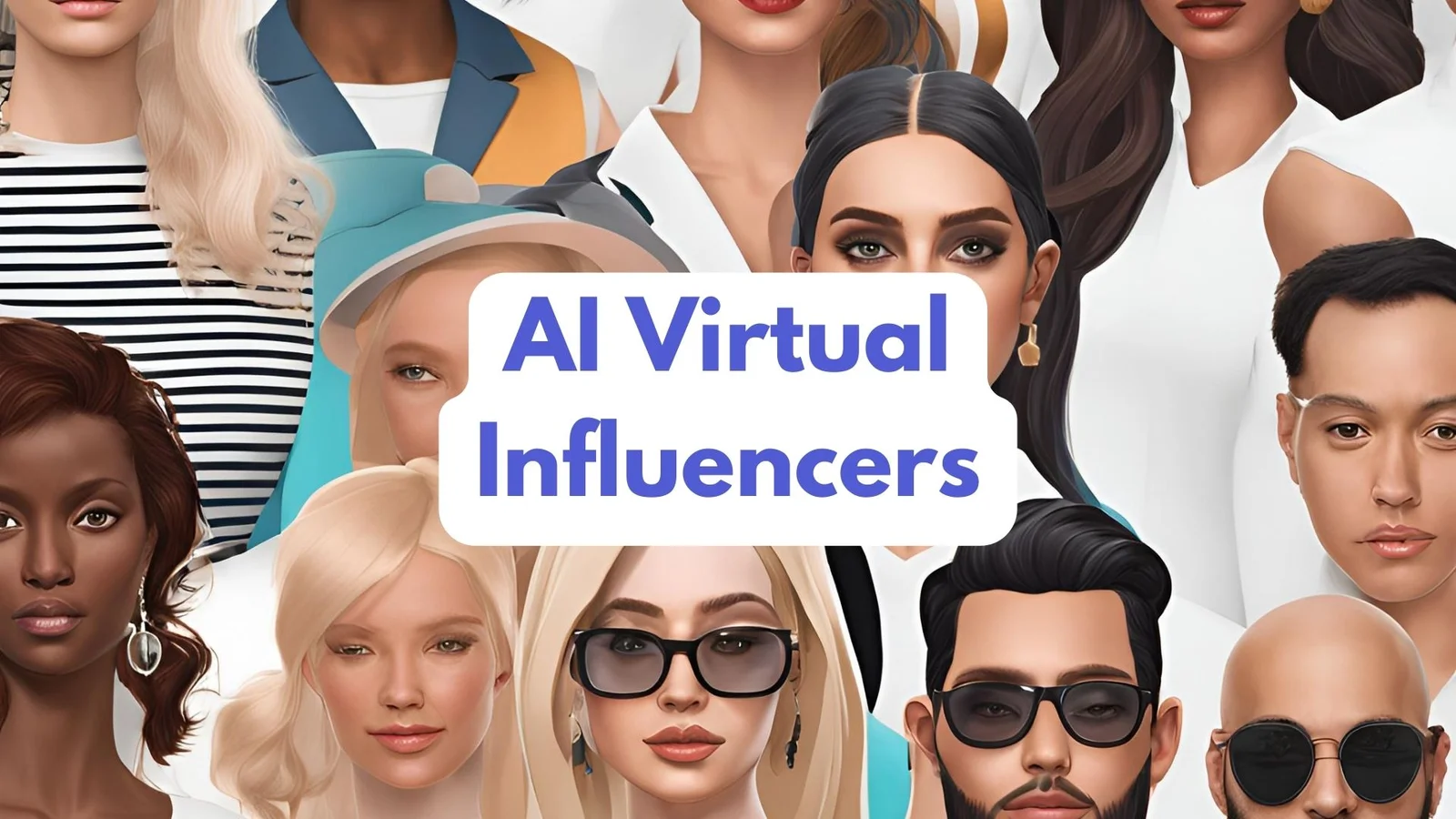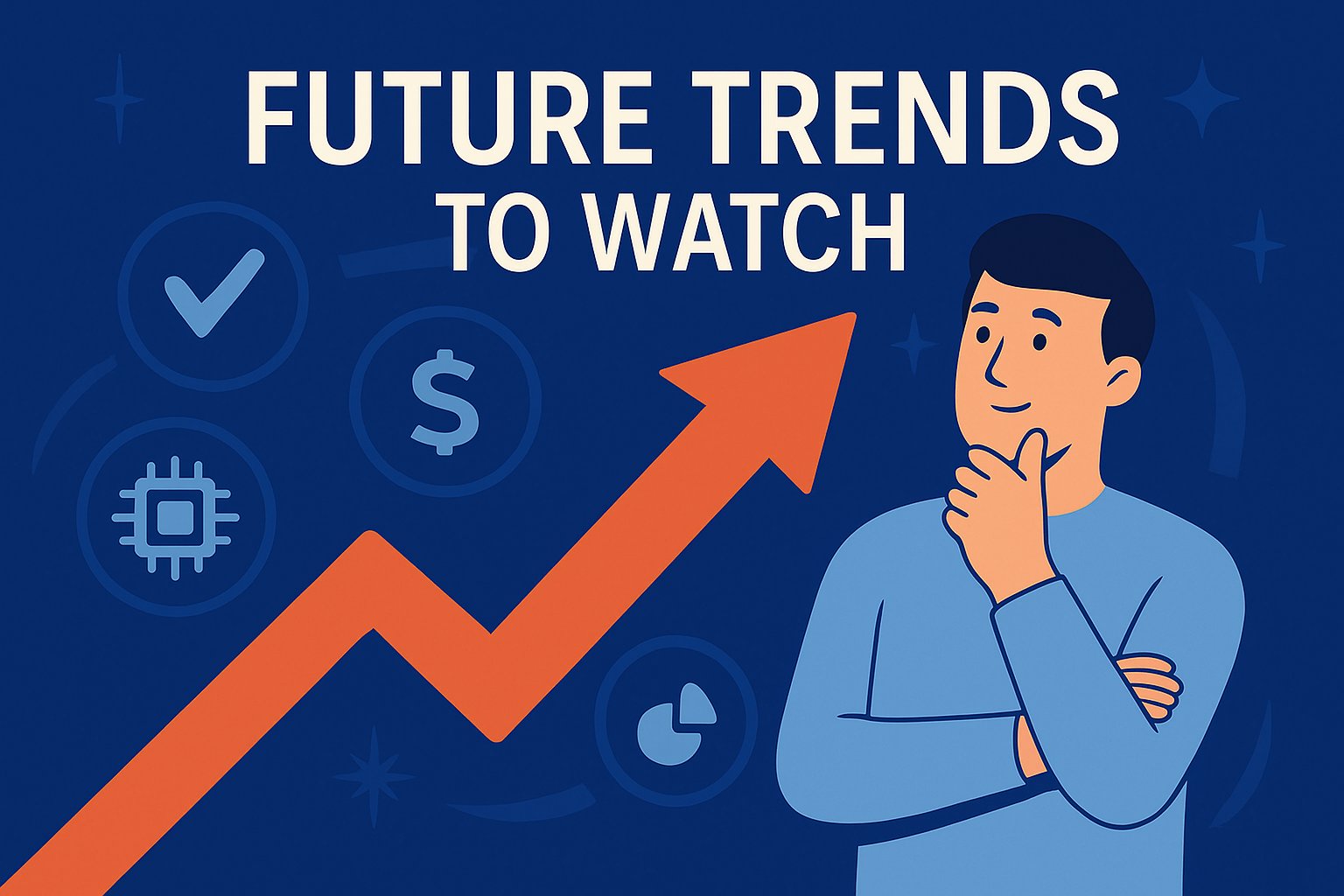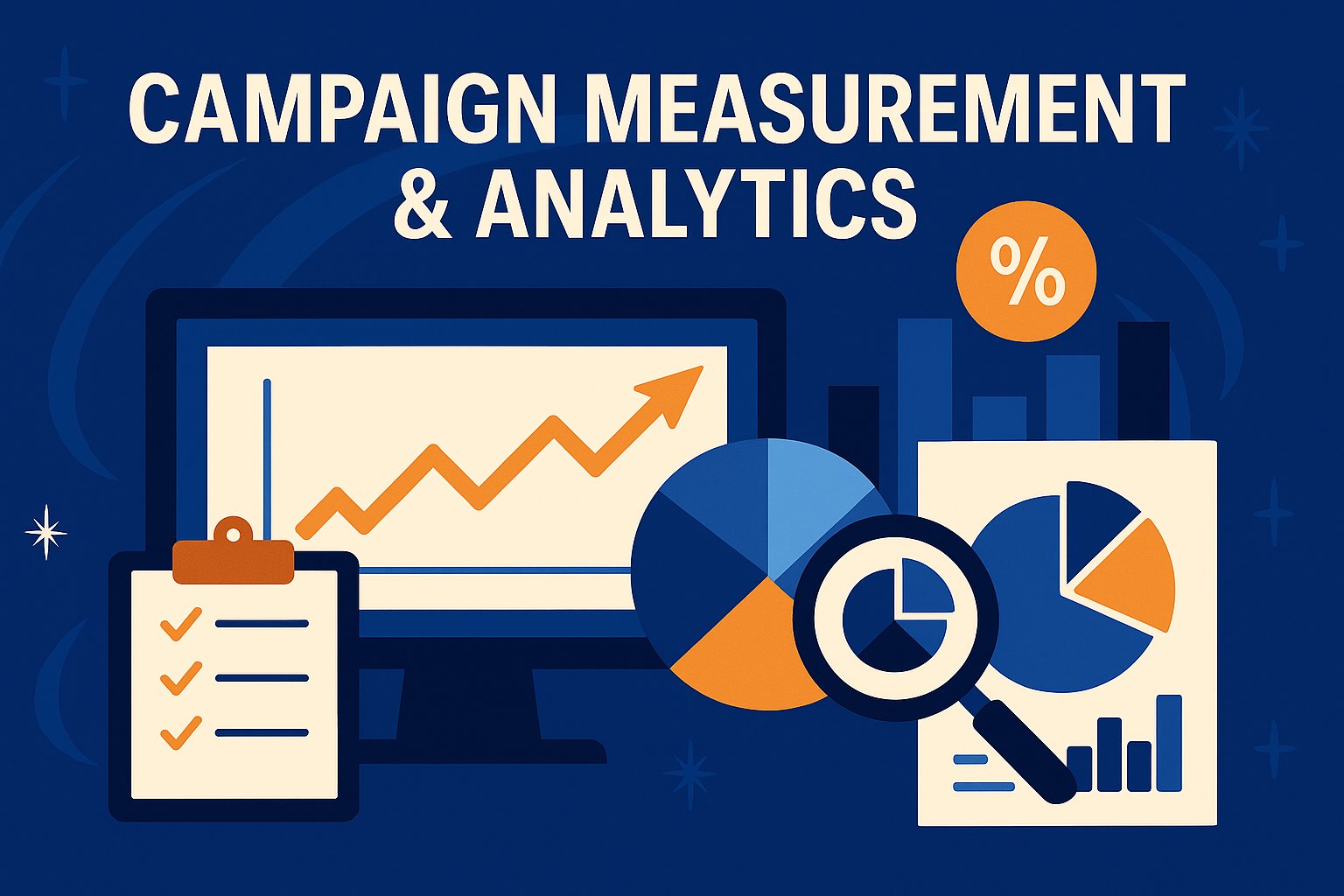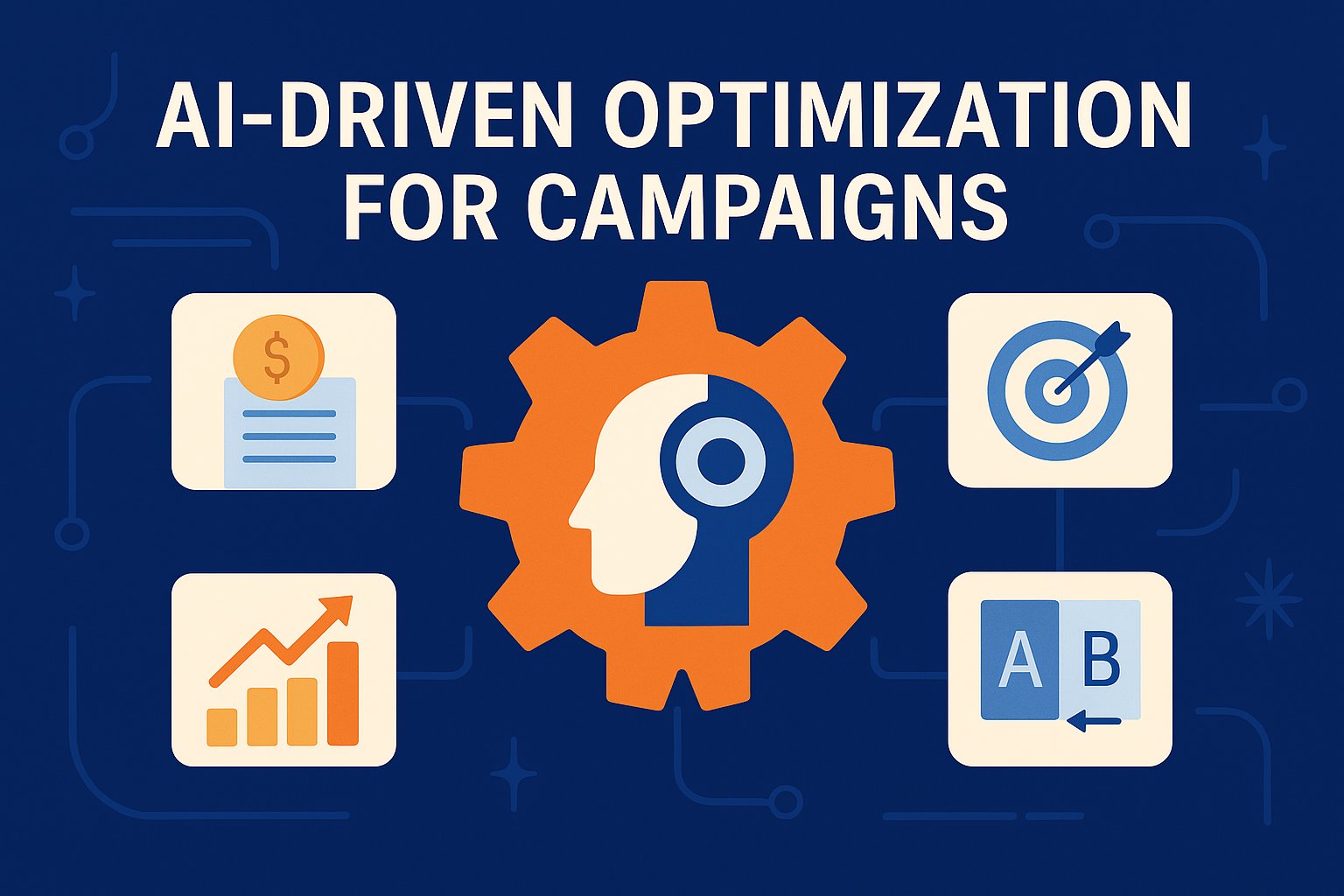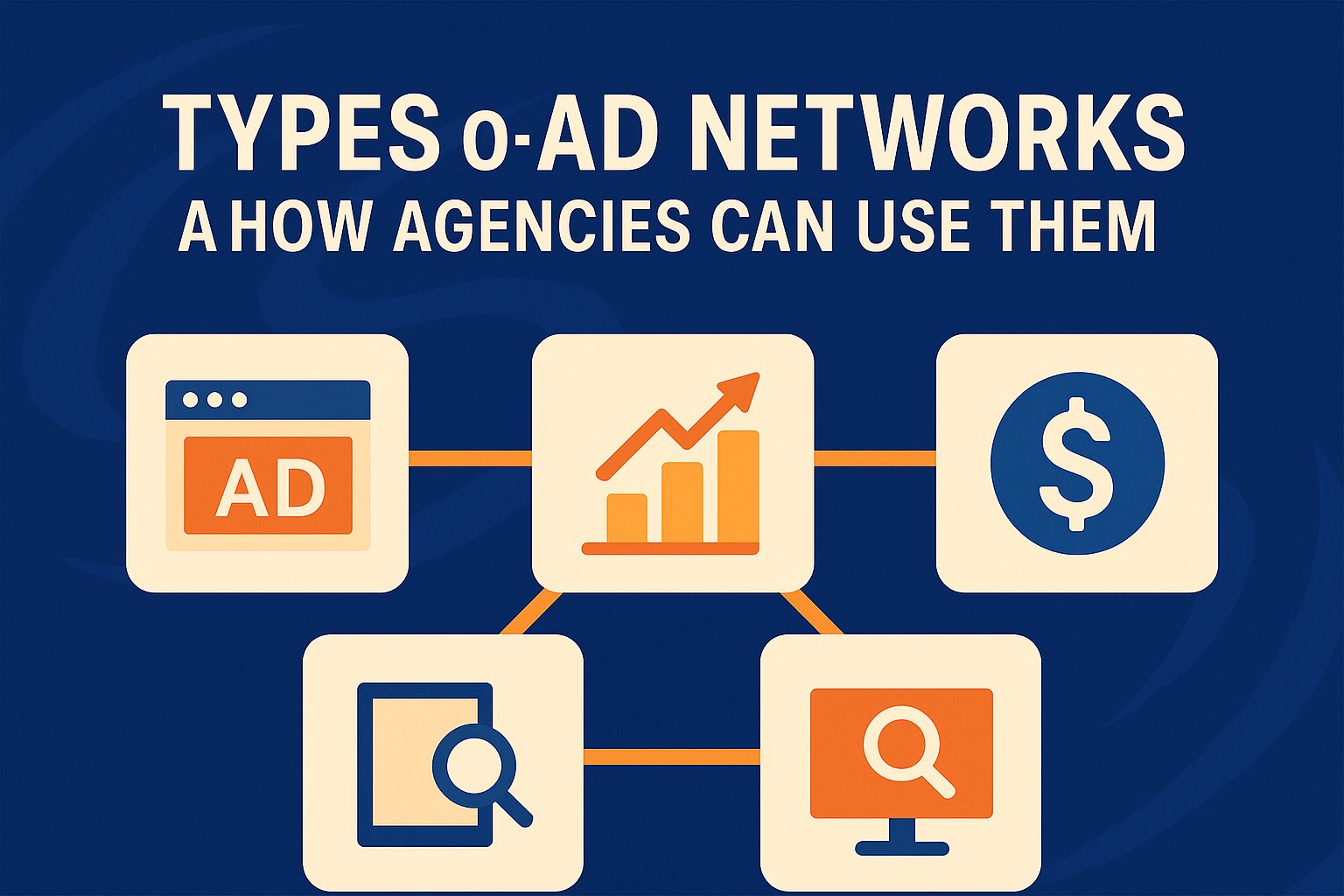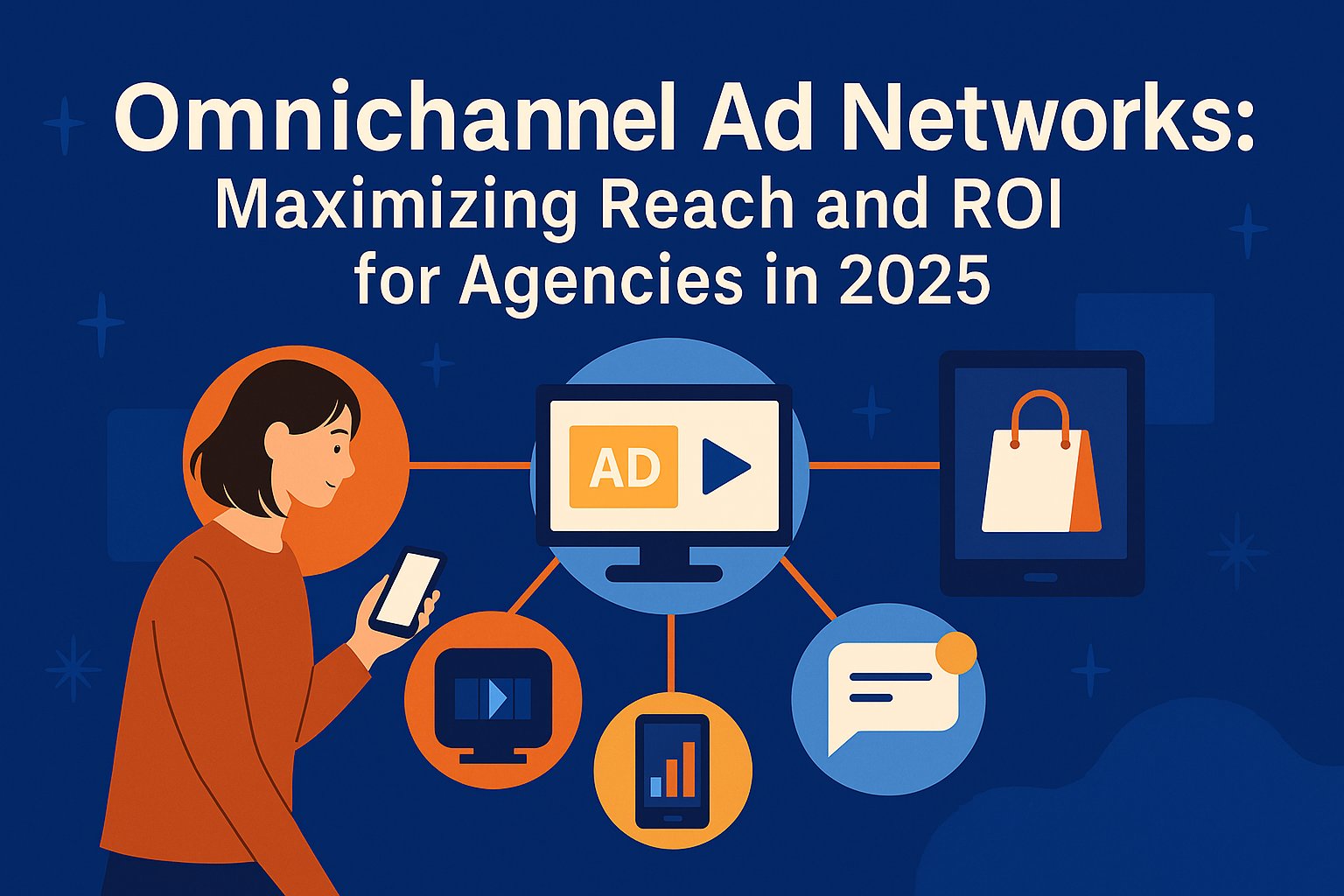In the ever-evolving digital ecosystem, influencers have become integral to how brands engage with audiences. Traditional influencers—celebrities, bloggers, or content creators—have long held sway over social media and marketing. However, a new breed of influencer is emerging, powered by artificial intelligence: AI influencers.
These digital personalities, entirely generated and operated by AI, are transforming the influencer marketing landscape. As AI technology continues to evolve, it’s reshaping the future of how we connect with brands, products, and even cultural movements.
At Saturn Digital Labs, we’re always at the forefront of the latest digital trends, and AI influencers are one of the most intriguing and promising developments. But what does the rise of AI influencers mean for brands, creators, and consumers? Let’s break it down.
What Are AI Influencers?
AI influencers are virtual entities created using a combination of machine learning, computer-generated imagery (CGI), and advanced algorithms. They are not human, yet they function much like traditional influencers, posting content on social media, collaborating with brands, and engaging with audiences. These virtual beings can be programmed with distinct personalities, visual aesthetics, and even backstories.
Some notable examples of AI influencers include Lil Miquela, Shudu the world’s first digital supermodel, and Imma, a Japanese AI influencer. These AI personas often blur the line between virtual and reality, appearing in photoshoots, endorsing products, and interacting with their followers in ways that mirror human influencers.
The Impact of AI Influencers
The rise of AI influencers is already having a profound impact on various aspects of digital marketing and social media. Below are some key areas where their influence is most pronounced:
1. Brand Innovation and Creativity
AI influencers offer endless opportunities for creative and experimental marketing campaigns. They can be customized to align with a brand’s vision, avoiding many of the limitations of human influencers—such as personal controversies or the unpredictability of public opinion. For brands, this provides a unique opportunity to experiment with futuristic and highly controlled marketing strategies.
2. Cost-Efficiency and Control
Unlike human influencers, AI influencers don’t require paychecks, travel allowances, or long-term contracts. Their availability is limitless, and they don’t face burnout. Brands can have complete control over their content, messaging, and even their appearance. AI influencers can work 24/7, consistently posting without the need for breaks, ensuring a constant stream of content.
3. Personalization at Scale
AI influencers can be programmed to cater to specific demographics with extreme precision. They can analyze data from users and tailor their interactions, making them ideal for personalized marketing. Whether it’s adjusting tone, language, or the types of products promoted, AI influencers can engage with audiences in ways that feel personal, enhancing the consumer experience.
4. New Forms of Collaboration
AI influencers open up possibilities for collaboration between brands, virtual environments, and even other virtual characters. This can lead to entirely new genres of digital content, from animated storylines to virtual events, creating immersive experiences that wouldn’t be possible with human influencers.
The Pros of AI Influencers
1. Control and Predictability
Brands can dictate the behavior, appearance, and output of AI influencers. This eliminates the risks associated with human influencers—such as scandals, fluctuating moods, or unpredictable actions.
2. Limitless Availability
AI influencers don’t sleep, need vacations, or require time off for personal matters. They’re available around the clock, maintaining a constant digital presence for their audience. This can be a huge advantage in the fast-paced world of social media, where being “always on” is key.
3. Brand Consistency
AI influencers can maintain a high level of consistency in messaging, aesthetics, and values, ensuring that every interaction with the audience aligns with the brand’s identity. This level of consistency can be challenging for human influencers, who may evolve over time.
4. Cost Savings
With no salary or physical needs, AI influencers offer a more cost-effective solution for brands. The initial investment in creating an AI influencer can be significant, but it eliminates ongoing expenses like influencer fees, travel, and production costs.
The Cons of AI Influencers
1. Lack of Authenticity
One of the biggest challenges with AI influencers is the potential for them to lack authenticity. While they can mimic human interaction, they are not, in fact, human. This may create a sense of disconnection or even distrust with audiences who value the “realness” and relatability of human influencers.
2. Emotional Disconnect
AI influencers, no matter how sophisticated, lack genuine emotional intelligence. They can’t experience or authentically convey human emotions like joy, sadness, or empathy, which may limit their ability to truly resonate with followers. This can be particularly problematic for brands that rely on emotional connection and storytelling.
3. Ethical Considerations
AI influencers raise important ethical questions, particularly when it comes to transparency. It’s essential that audiences know that they are engaging with a virtual entity rather than a human. Without clear disclosure, there’s a risk of misleading or deceiving followers.
4. Cultural Sensitivity
AI influencers, while able to analyze large datasets, might not always capture the cultural nuances or trends that human influencers intuitively understand. This could result in marketing campaigns that fall flat or miss the mark with certain audiences.
The Future of AI Influencers
AI influencers are still in their early stages, but their potential is immense. As AI technology continues to evolve, we expect these virtual personas to become increasingly sophisticated. They may begin to blur the lines even further between the virtual and real worlds, engaging with audiences in hyper-personalized ways, and leading brands into uncharted territory.
At Saturn Digital Labs, we see the future of digital marketing as one where AI and human creativity coexist. While AI influencers are certainly part of the conversation, they should be viewed as tools that complement, rather than replace, human influencers. The key will be finding the right balance—using AI to enhance and streamline marketing efforts while still preserving the emotional and authentic connections that consumers crave.
Ultimately, AI influencers are transforming digital marketing in exciting ways, but they are not a one-size-fits-all solution. For brands, understanding the potential and pitfalls of AI influencers will be key to creating campaigns that resonate with today’s tech-savvy consumers. As we continue to explore this new frontier, one thing is clear: the future of influence is digital, and it’s powered by AI.
If you’re interested in exploring the intersection of AI, digital marketing, and influencer strategies, Saturn Digital Labs is here to guide you through this exciting transformation. Whether you’re considering an AI influencer for your next campaign or looking to enhance your digital presence, our team is ready to help you navigate the evolving digital landscape.
